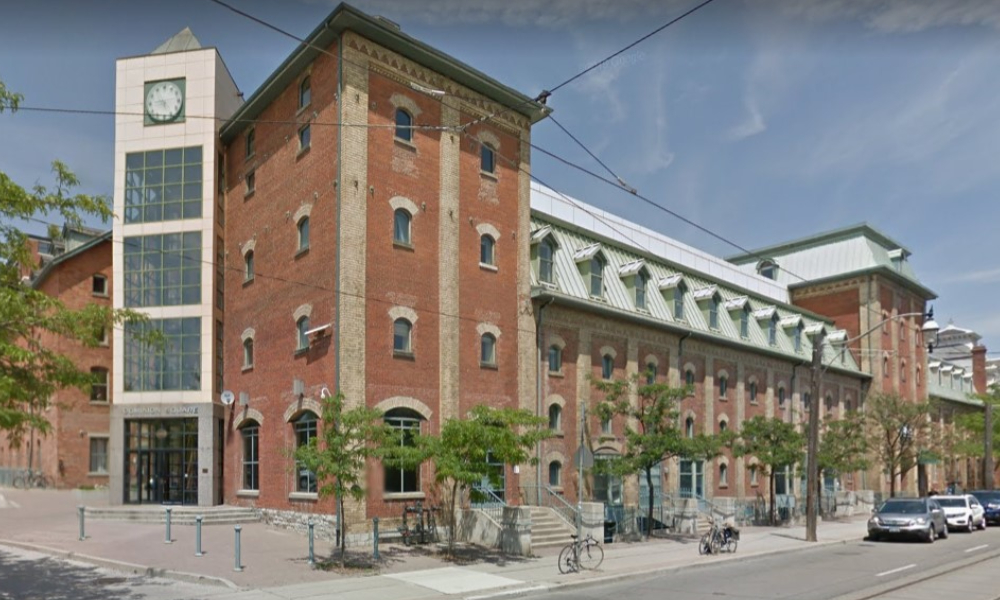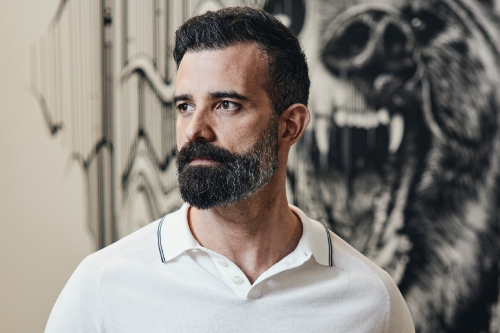Ad agency supports at-home employees with necessary tools

Before the pandemic first hit Canada back in March 2020, Toronto ad agency King Ursa was highly focused on creativity by providing employees with an innovative space.
“Our space has been fully designed with a lot of thought in how to create an ambience to fight inhibited thinking and fight egocentric thinking,” says Paulo Salomao, founder and chief creative officer at King Ursa in Toronto.
“For example, we have a set-up for musicians or anyone who wants to sit down and take a break and play any instruments from drums or guitars. [In] every single meeting room, we don’t have boardroom tables: every [piece of] furniture is below the knees so when you’re talking to people, there are no physical objects between people,” says Salomao.
With the remote work, many people missed the collaboration and creatively inspiring workspace, he says, so the agency decided to implement a “no-guilt” policy when it came to equipping workers with the tools to succeed at home.
“The one thing we can never let get in the way is the lack of tools for people to work with. We tend to be more generous when it comes to that.”
When employees needed to supplement home offices with new ways to make them more comfortable and productive, the company did so without reservations, according to Salomao.
“We encouraged stand-up desks or stand-up desks to go on their desk for them to stand up or sit down whenever they need. We actually identified some of the editors who spent a lot of time sitting and we sent them massage devices that they put on their chairs to help their backs.”
Mimicking in-office camaraderie
To keep spirits high, King Ursa definitely increased digital communication, like everybody else, he says.
“We relied a bit more on it. Instead of our monthly all-staff [meeting] we have biweekly all-staff where, for half an hour, sometimes 40 minutes, everyone comes to the virtual room and we addressed [with] everybody what’s happening and the projects and so on.”
As well, to encourage that in-office camaraderie and to “mimic as much as possible the walk to someone’s desk, [we said] ‘It’s OK to pick up the phone and call somebody and say, ‘Hey, I have a question about something.’ And not just booking meetings and looking at availability. It’s easy to get into Slack emails only and just stay there,” he says.
“It’s important to take those steps and be humans and don’t forget to use other types of communication to solve problems and be part of the project.”

Paulo Salomao
“The number one thing we constantly talk about is being humans: we continue to be OK to express how we feel and be calm with each other,” says Salomao. “We talked about the sense of spreading positivity in our lives and support. After all, we’re all human beings in this together and we definitely reminded everybody [of that].”
These actions proved successful, according to Salomao, as King Ursa hired 15 new employees during the lockdown.
Meanwhile, only 20 per cent of workers want to return full-time to the workplace, according to a survey, and employers might want to consider a ‘holistic’ approach to designing the hybrid office.




